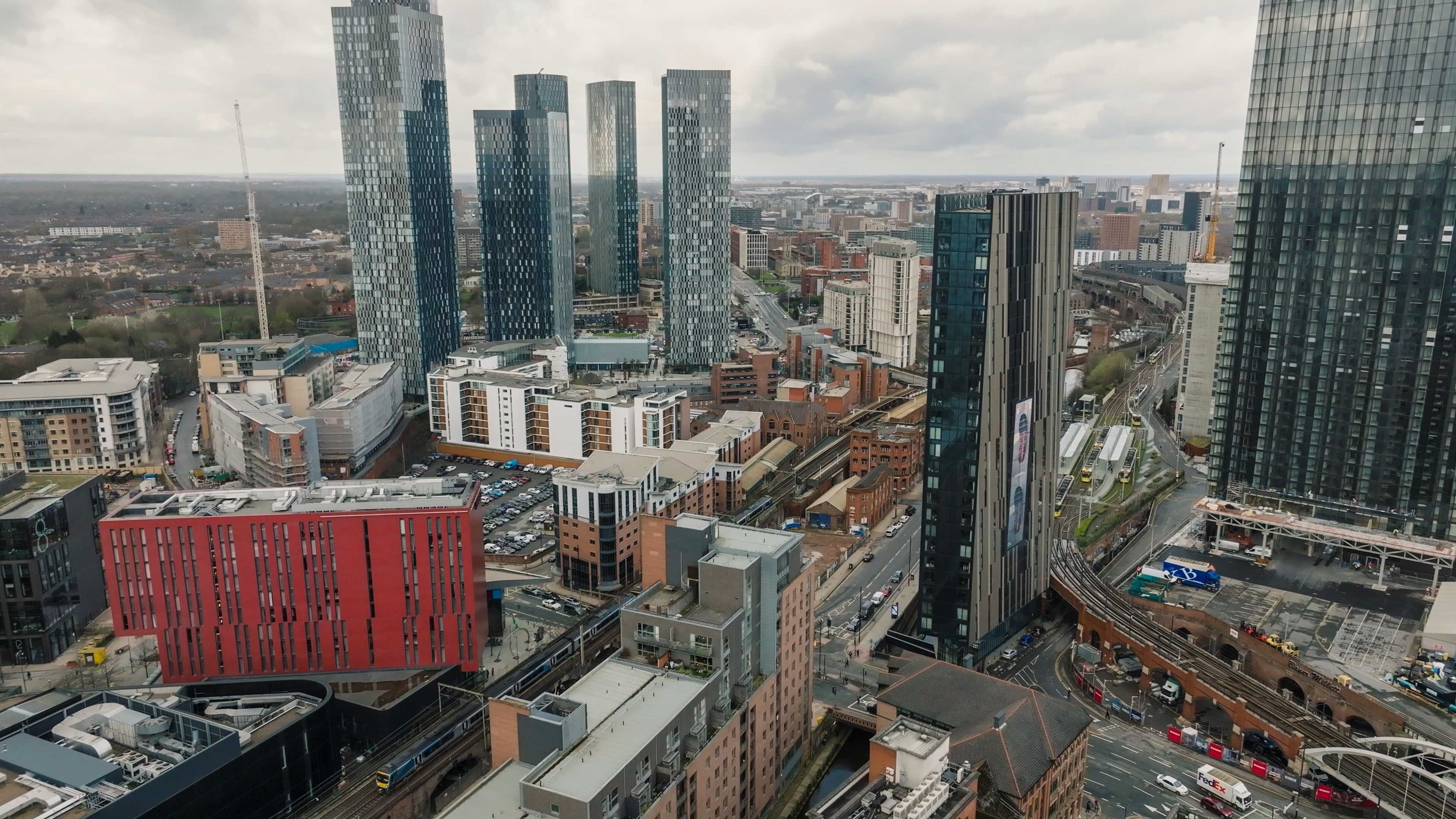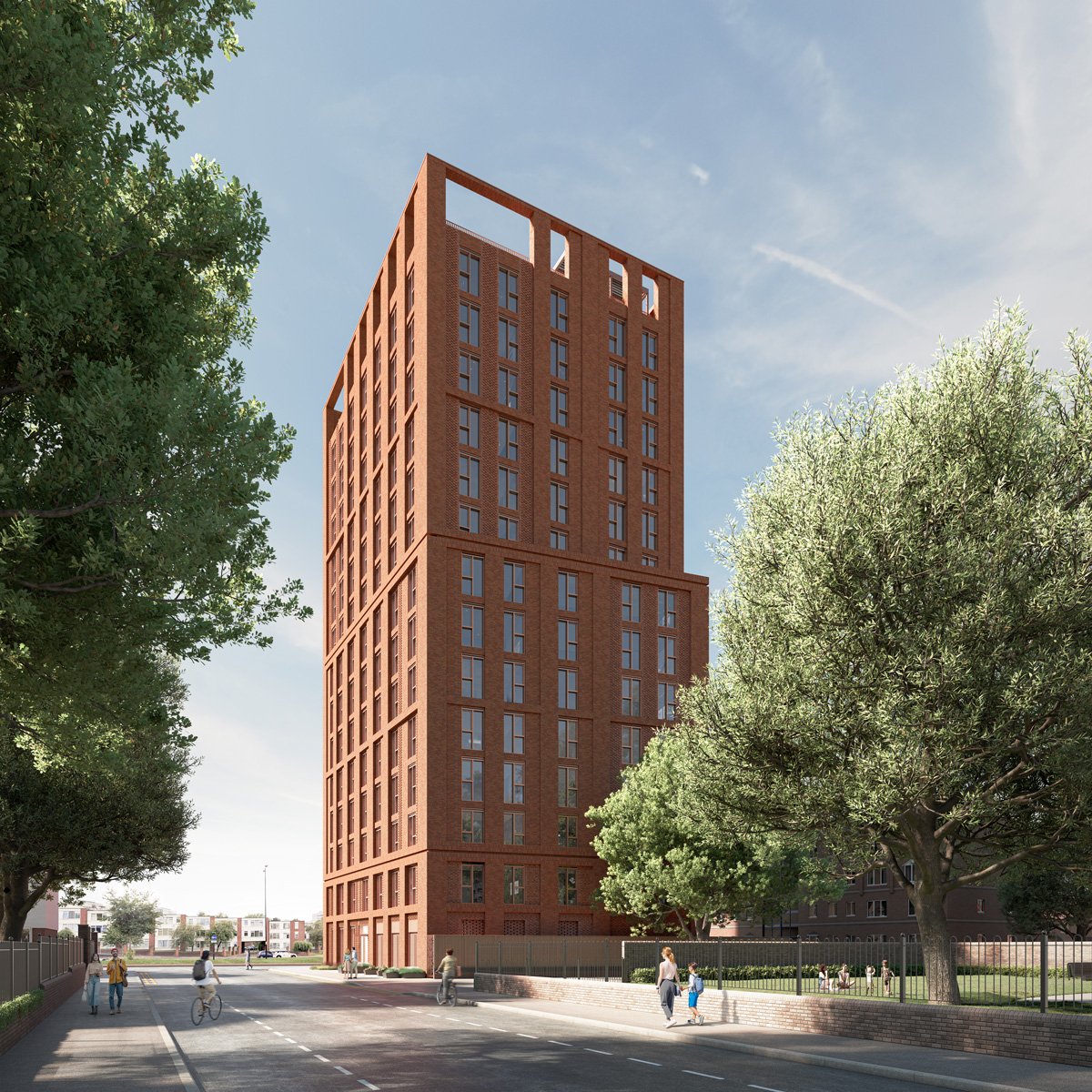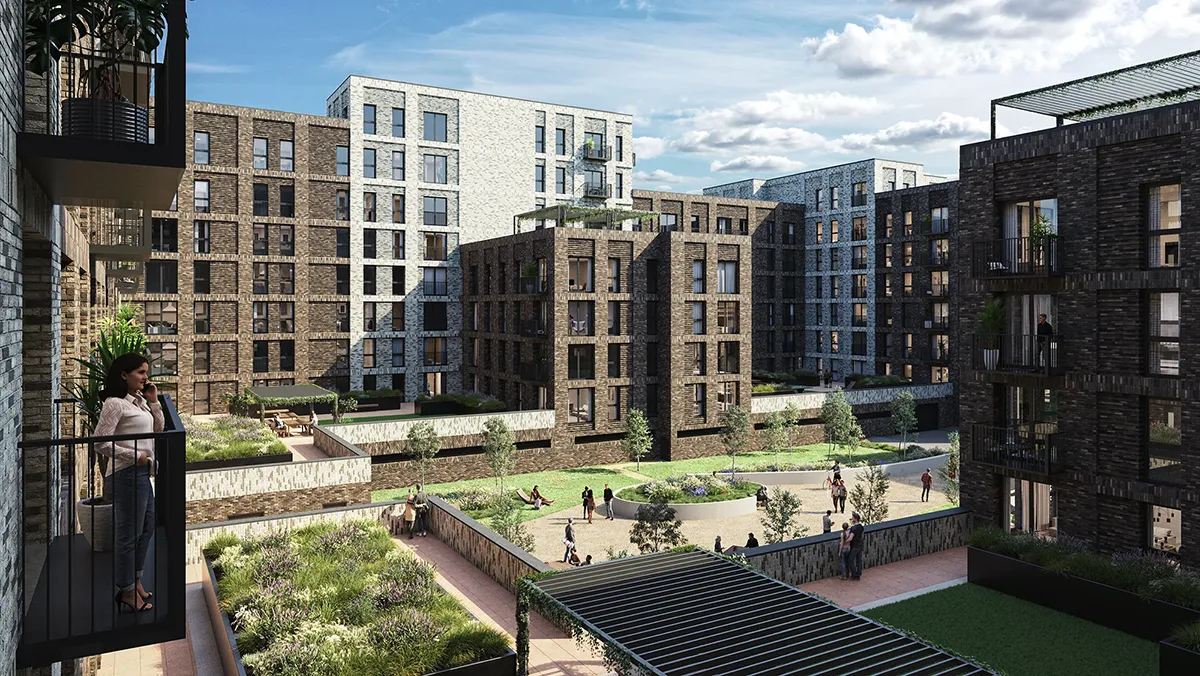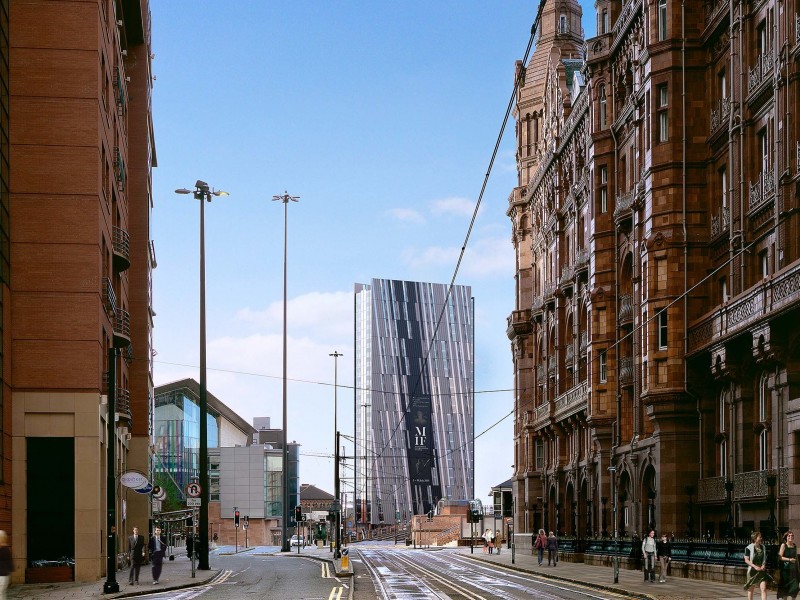Chancellor reveals measures to boost economy and stimulate the property market
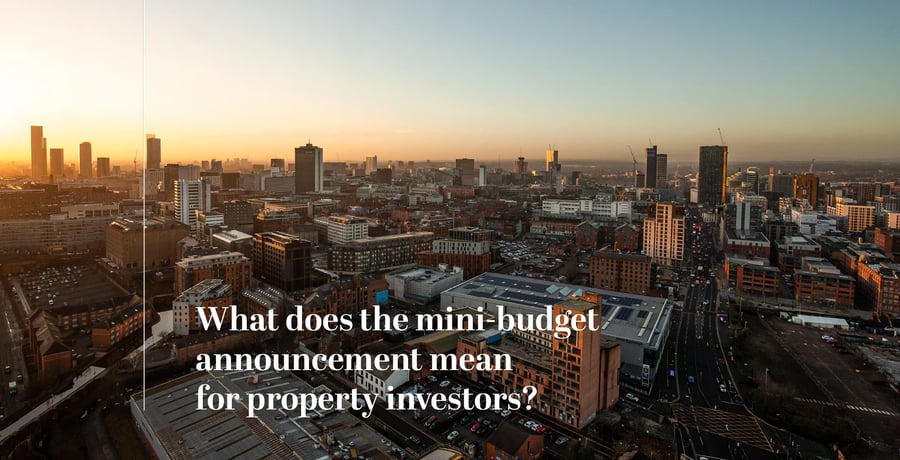
Chancellor Kwasi Kwarteng has announced sweeping tax cuts in a mini budget which has been welcomed by many property investors. The government has sought to stimulate the economy and increase house prices with a range of measures including cuts to the top rate of tax, national insurance contributions and stamp duty. Promising a new era of growth, Kwarteng said: “High taxes reduce incentives to work and they hinder enterprise.”
On key headline from the announcements was the threshold for which stamp duty on property purchases is paid has risen from £125,000 to £250,000. For first time buyers the they will no longer have to pay stamp duty on the first £425,000 of a property – an increase from £300,000. The changes to the stamp duty rates means that 200,000 people will be taken out of paying stamp duty all together. The measure is likely to have a significant impact on future house price growth.
When governments previously stimulated the property market by making similar changes to the stamp duty rates, the results were very noticeable. During the previous stamp duty cuts, a third of the people who benefited bought a second home or a buy-to let property.
There were also several other messages revealed to boost the sluggish economy. The Chancellor announced two significant changes to income tax brands. The basic rate of income tax will be brought in a year earlier. This will result in income tax being reduced to 19p in every £1 in April 2023. The UK’s highest earners will also see savings, with the scrapping of the additional 45% rate of income tax which is paid on salaries over £150,000.
The 1.25% rise in April’s National Insurance contributions will also be scrapped in November resulting in 28 million workers with more money in their pockets. Each worker is set to receive an extra £330 on average in their take-home pay over the year.
The planned rise in corporation tax from 19% to 25% will no longer go ahead from next April with the aim to support businesses and their investment. The cap on bankers’ bonuses has been scrapped too. The cap was introduced by the EU law in 2014, but the government argues that it limits London’s competitiveness against financial rivals such as New York and Hong Kong.
The measures announced coincided with further falls in the value of the pound against the dollar. The fall in the value of the pound is having a significant impact on overseas investors’ purchasing power who can enjoy savings when buying UK property.
On Friday 23rd September sterling fell to £1.11 against the dollar – a level that has not been seen since 1985. The Bank of England has previous said that a s stronger dollar and also a weaker outlook for the UK economy was putting significant pressure on Sterling.
Falls in Sterling have previously created excellent opportunities for overseas investors in the UK property market, and there are significant saving to be made for those who react quickly.
The last time the pound suffered a serious fall was in 2016 following the Brexit vote. During this time investors in the Middle East and Far East were reported to have seen an “overnight 20% discount” on UK property. Quicker and more astute investors were able to profit extremely well, with many missing an excellent opportunity with the pound regaining strength over the following months.
Despite the potential problems facing the UK’s economy, its property market seems to be unaffected, with demand outstripping supply. In fact, the buy to let market is showing signs of moving faster than it has ever done before. Savills reports annual UK property price growth of 11.2% across the country in May 2022, which has spurred on those who are investing property in 2022.
The Savills report states that, “The deficit of homes on the market will continue to support price growth in the short term before affordability pressures finally press on the breaks in the medium term. Our latest forecasts, released 31st May, predict annual house price growth to finish 2022 at around 7.5%.”
With changes to stamp duty, and the market moving so quickly, those looking for the best property investment should move swiftly to avoid missing out. With rents continuing to rise in places such as Manchester and Preston, and landlords buying properties incredibly fast, the UK’s property market remains extremely healthy, offering the potential for significant returns.
Want to learn more about the UK property market, and the best areas to consider investing iin? Contact our team today by clicking here clicking here >>
Continue Reading


